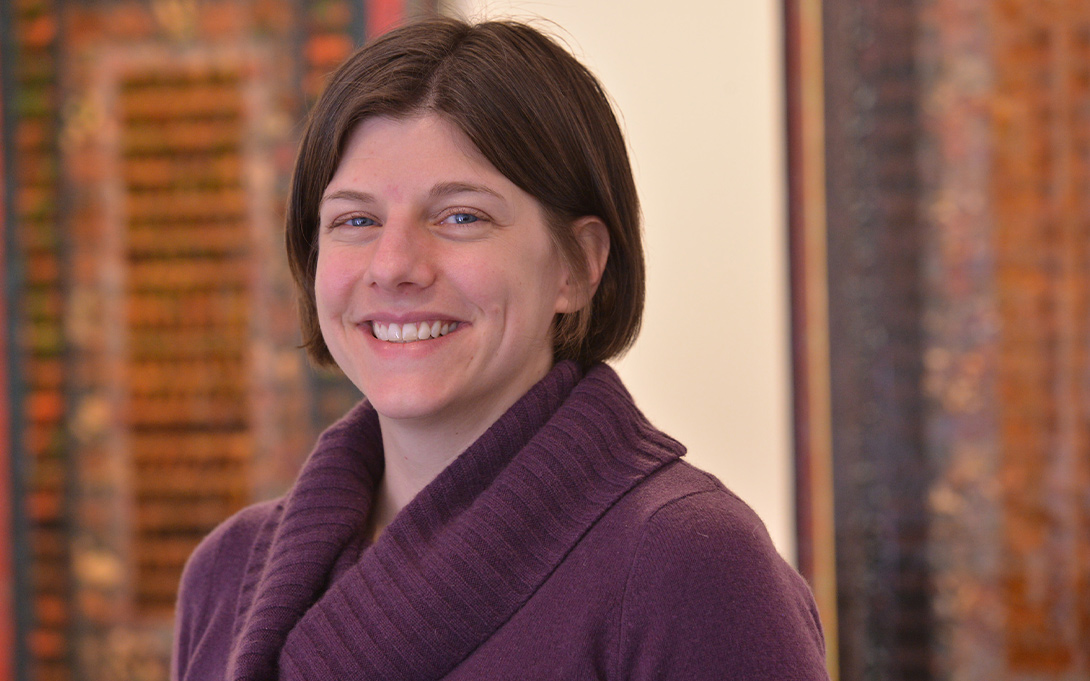
In the first year of a new administration, American Presidents face particularly tough challenges. The First Year Project is multi-year project, coordinated by the University of Virginia Miller Center of Public Affairs. The project applies history to assess the contemporary policy challenges and opportunities facing the next U.S. President. Launched in October 2015, The First Year Project tackles policy areas ranging from taxes and finance to economic opportunity and social mobility.
This week, Joy Rohde offers the First Year Project an examination of how Cold War frameworks continue to limit our approach to foreign policy. In "Moving beyond the Cold War," Rohde argues that historians rely too often on Cold War fears of national vulnerability in drawing lessons from the past, and often tend to define Presidential success and failure in terms of implementation alone.
“The problems of our age also require a grand strategy that attends thoughtfully to moral issues. Indeed, any definition of national interest is fundamentally based in values—in a vision of what role the United States ought to play in the world, and to what ends American power should be put.”
Joy Rohde, assistant professor of public policy, is an historian who specializes in U.S. national security policy and the history of science. She is interested in the role that scientific experts--especially social scientists--play in American national security and foreign policy. Her book, Armed with Expertise: The Militarization of American Social Research during the Cold War, investigates the Cold War origins and contemporary consequences of the Pentagon's social research contracting system.